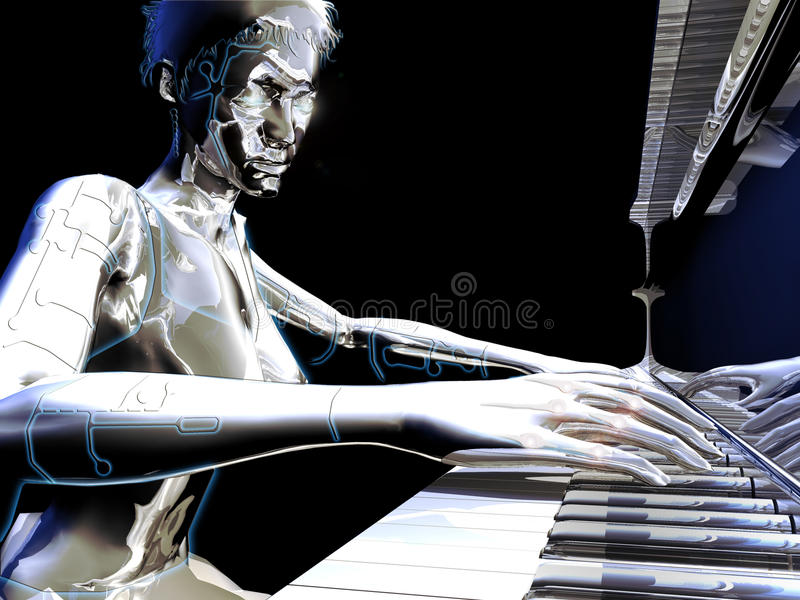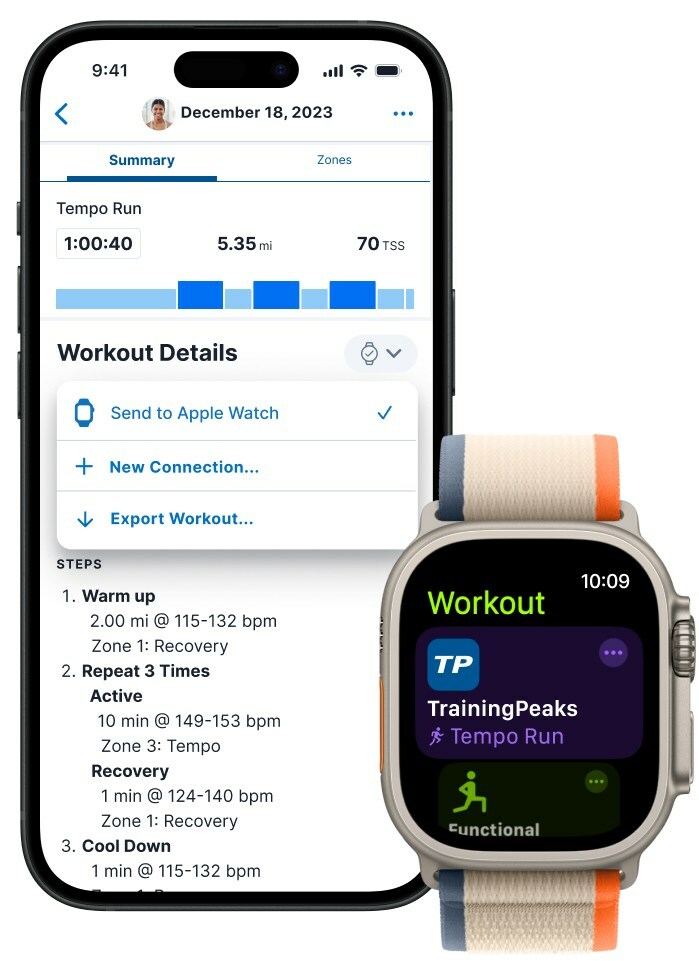
The Harmonious Revolution: How AI is Transforming the Music Industry

By DaMarko Webster
The music industry has undergone a seismic shift in recent years, thanks in large part to the integration of artificial intelligence (AI) into various aspects of the creative process, distribution, and consumption of music. From predicting hit songs to enhancing the music production process and personalized recommendations, AI is revolutionizing the music industry. In this article, we will explore the advantages that AI brings to the music industry and how it is shaping the future of music.
One of the most intriguing aspects of AI in the music industry is its ability to predict hit songs. Music executives and producers have traditionally relied on their instincts and market research to determine which songs are likely to become chart-toppers. However, AI has significantly improved the accuracy of these predictions by analyzing vast amounts of data, including historical music trends, social media chatter, and even emotional responses to music. This allows for a more data-driven approach to selecting potential hits, reducing the risk of investing in unsuccessful songs and artists
AI is also making waves in music composition and production. With algorithms capable of generating melodies, harmonies, and even lyrics, composers and artists now have powerful tools at their disposal to streamline the creative process. AI can analyze the style of a given artist or genre and generate music that fits the desired criteria. This not only saves time but also opens up new avenues for experimentation and creativity.
Furthermore, AI-driven production tools can assist in audio engineering, helping to clean up recordings and improve sound quality. This can be particularly useful for independent artists and producers with limited resources, allowing them to achieve professional-level sound without a large budget.
AI-powered recommendation systems have become an integral part of music streaming platforms. Services like Spotify and Apple Music use machine learning algorithms to analyze users’ listening habits and preferences, allowing them to curate personalized playlists and suggest new music tailored to individual tastes. This personalization enhances the overall music discovery experience for users and keeps them engaged with the platforms.
AI is also aiding in the management of copyright and royalties in the music industry. With the proliferation of digital platforms and streaming services, tracking and ensuring proper compensation for artists and songwriters have become increasingly complex. AI can analyze and match music usage data to the rightful owners, making it easier to distribute royalties accurately and combat piracy. This helps ensure that artists receive fair compensation for their work and encourages creativity within the industry.
AI is not limited to the studio; it is also changing the way artists perform live. Real-time audio processing and AI-driven effects can enhance the quality of live performances. For instance, AI can adjust sound levels, correct pitch, and even create immersive visual experiences synchronized with the music. These technologies enhance the audience’s engagement and overall enjoyment during concerts and live events.
The music industry is experiencing a profound transformation thanks to the integration of AI. From predicting hit songs to streamlining music production and revolutionizing music recommendations, AI brings numerous advantages to the industry. As AI continues to advance, it will likely play an even more significant role in shaping the future of music. While some may fear that AI will replace human creativity, it is more apt to think of it as a powerful tool that enhances and augments the capabilities of musicians, producers, and music lovers alike. As technology evolves, the harmonious synergy between AI and the music industry will continue to create new opportunities and experiences for all involved.







